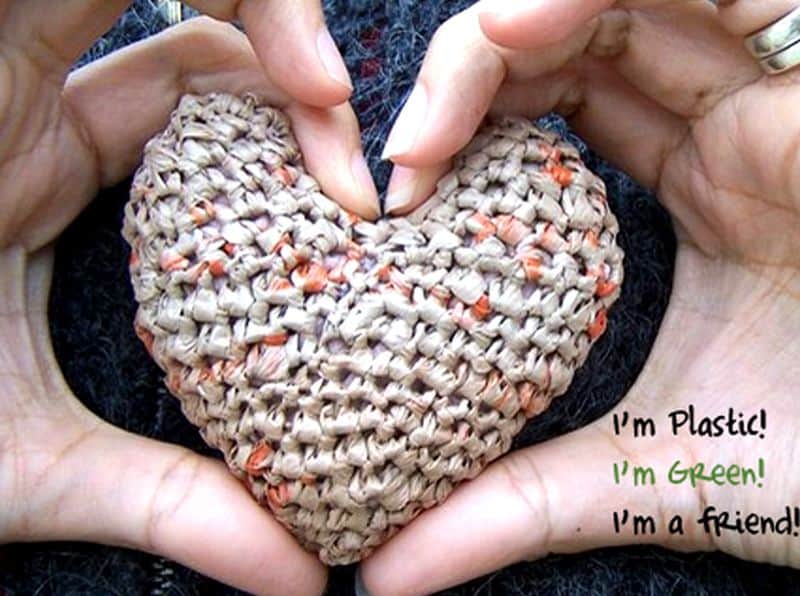“Everything’s plastic, we’re all gonna die” says Elizabeth Wurtzel. I do not agree with the statement. Biodegradable plastic seems to show some light, however, they too come with certain disadvantages. When degraded, these emit harmful Co2 and methane.
However, here comes recycled plastic curbstone, which acts as a substitute to building materials. In addition, “oxo-biodegradable” plastics are eco- friendly as when degraded they emit no methane. It’s time we change our opinion.
Many developing countries like India are banning plastic bags. Instead of banning them, the plastic bags should be utilized elsewhere.
Let’s discuss about a few recent developments:
• D2W degradable plastic: Many companies in UK, such as Symphony Environmental Technologies Plc, have found a solution to protect the environment from the plastics emitting methane. The d2W environmentally-responsible plastic products are the form of “oxo- biodegradable” plastic. The plastic are less expensive to produce, as they use the same machinery as used by the conventional plastics. The plastic are degraded in the presence of oxygen and emits no methane, which otherwise other plastics do.
• Plastic used in construction: Plastic building material is strong, flexible, water- and heat – resistant. Recently, a UK-based company has launched a recycled plastic curbstone, which can replace building materials like steel, wood, etc. The plastics are light weight and require little maintenance. Novacem Company has developed a new formula of locking CO2 into construction materials. The CO2 can be recycled with other plastic and glass from torn out buildings.
• Saving energy: A study has found that the plastic used in building and constructing materials saved 467.2 trillion Btu of energy which other construction material cannot do so. Plastic are used for thermal insulation of house walls, pipes, windows, roofs, etc. For example in walls, structural insulated panels (SIPs) made with expanded polystyrene(EPS) helps to save money on heating and cooling bills. EPS gets converted into air and acts as an insulator.
• Plastic for making roads: Himachal Pradesh, a state in India is planning to construct roads with the waste plastic bags.
• Making plastic from plants: Scientists have come up with a new technology of making plastic from plant. Three bacterial enzymes have been introduced by the scientists in the model plant Arabidopsis thaliana. When the two enzymes are combined with the plant, an organic polymer known as polyhdroxybutyrate-co-polyhydroxyvalerate, or PHBV is produced. PHBV is extensively used to produce variety of products like grocery bags, soda bottles, flatware and disposable razors. The plastic when discarded are easily degraded.
• Novomer’s technology: It uses sacrificial binder to combine two pieces of metals, which are used in manufacturing solar panels, fuel cells and nano materials. Using this technology, the binder when burnt produces 50% of recycled carbon dioxide. A catalyst- based process is used to create plastics and other resources using carbon dioxide.
• Plastics from garbage: Recently scientists have made a green polymer from plastics thrown in the garbage which will prevent dumping of post consume plastics in the landfills.
Banning plastics is not the real motto to save the environment but the motto is to make plastics in producing wide varieties of products. I hope this article has changed your opinion about plastics.
Via: ecoworldly


